Lou Reed – Hudson River Meditations
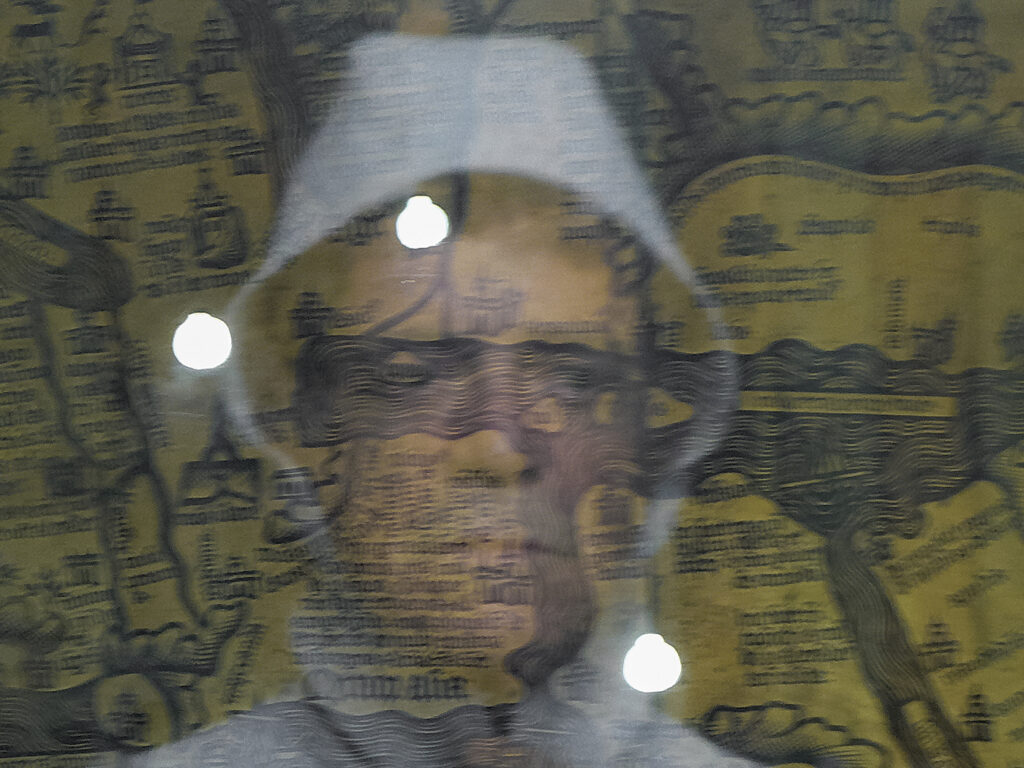
Zen instrumentals from downtown
The Hudson River begins somewhere way up in the Appalachian highlands and flows 315 miles south through upstate New York, dividing Manhattan and New Jersey as it filters out into the Atlantic Ocean. Lou Reed had sung of the river on “Romeo Had Juliette”, a gritty love song from 1989’s New York that used the dystopian city as a stage: “Manhattan’s sinking like a rock/Into the filthy Hudson, what a shock”. But by the time he released Hudson River Wind Meditations in April 2007 the river had taken on a different character for him. Visible from the window of the downtown penthouse that he shared with his wife Laurie Anderson, the Hudson became the backdrop to his daily life, its slow-moving waters a constant and calming presence.
NEIL YOUNG IS ON THE COVER OF THE NEW UNCUT – HAVE A COPY SENT STRAIGHT TO YOUR HOME
Across five decades, Lou Reed’s creative muse had taken him to the highest highs, the lowest lows, and everywhere in between. But Hudson River Wind Meditations finds him in a place of perfect equilibrium.Reed’s final solo album, it appeared in 2007, four years after the Edgar Allan Poe-inspired concept suite The Raven, and another four years before Lulu, the Metallica collaboration that became his swansong. It is quite unlike either. Clocking in at an hour, it consists of four gently undulating instrumental pieces that have an extended, durational quality. Dip in for a few seconds and Hudson River Wind Meditations sounds unremarkable. But let it play out and something magic happens. Soft rhythmic drones begin to interact in subtle, shifting patterns, and before you know it you’re locked in, being carried along on its current.
Hudson River Wind Meditations sounds like nothing else in Reed’s catalogue. Butnor is it a complete outlier. It shares some DNA with the music of La Monte Young, the minimalist composer who inspired The Velvet Underground, and whose Dream House installation still drones away in New York’s Tribeca district to this day. You could also see it as a sort of sister release to Metal Machine Music – Reed’s squalling electric guitar feedback suite, which landed to a bewildered reception on its release in 1975, but makes rather more sense today. “Most of you won’t like this and I don’t blame you at all,” Reed wrote in that album’s sleevenotes. “It’s not meant for you. At the very least I made it so that I have something to listen to.”
He might have said the same about Hudson River Wind Meditations. When he began making this music, Reed never intended it for commercial release. Instead, these tracks – recorded, similarly to Metal Machine Music, at home, using a finely tuned set-up of keyboards, guitars and amplifiers – began life as Reed’s personal soundtrack to his yoga and Tai Chi practice. In the album’s sleevenotes, Reed’s yoga teacher Eddie Stern recalled how effective this music was at focusing the mind: “The sounds immediately drew you into an inner flow of awareness,” he explains. “Something was happening with the music, but at the same time something was happening inside of you.”
Each of these four tracks has a distinct character. The opening “Move Your Heart” is soft and billowy, with a gentle tidal feel. “Find Your Note” lines up clear shrill tones, like the drone of a Tibetan singing bowl, with the occasional electronic murmur or rumble of sub-bass. “Hudson River Wind (Blend The Ambiance)” mixes a field recording of wind coming off the Hudson with the drone of a Minimoog Voyager synth. And the closing “Wind Coda” is a reprise of the first track, concluding with the sound of a gong: a common Buddhist technique to mark the end of a meditation session.
Certainly, for those primarily familiar with Lou Reed as irascible punk, fearless documenter of the city’s filthy underbelly, this exposure to Zen Lou may inspire some cognitive dissonance. But it’s undeniable that Hudson River Wind Meditations comes from a very real and personal place. Artistically, its exploration of drone modes places it in a continuum of Lou’s work that stretches right back to the mid-’60s, when he penned novelty hit “The Ostrich” on a guitar with all strings turned to one note. More practically, for Reed it seems to have performed a functional role. Come his seventh decade, his health was failing him, as he struggled with the symptoms of Hepatitis B and diabetes. In this context you could understand Hudson River Wind Meditations as therapeutic: a balm for a damaged body; a way to still the churn of a restless mind.
Perhaps, though, it’s best to leave the last word to Lou himself. “I can use it for a lot of different things, including just ‘be there’ as the way a tree is there,” he told an interviewer. “In my place I have it going all day, which is better than listening to traffic.”
Link to the source article – https://www.uncut.co.uk/reviews/lou-reed-hudson-river-meditations-144842/
-
LOHISHILO DJ Event Facade Metal Black Scrim Booth with Travel Bag Foldable 20″ x 40″ Flat Table Top, for Public Squares, Ice Rinks, Birthday Party Supplies, Family Parties, Discos, Bars$139,99 Buy product
-
Apeocose [3-Pack] Disco Ball Party Lights, Happy New Year Decorations 2024 New Year Eve Party Supplies, Sound Activated DJ Lighting Stage Strobe Lights with Wireless Remote for Home Room Decor$18,88 Buy product
-
Benvo Guitar Accessories Kit 49 Pieces Guitar Tool Changing Kit Including Guitar Picks, Capo, Acoustic Guitar Strings, String Winder, Bridge Pins, Pin Puller, Guitar Bones & Pick Holder, Finger Picks$19,99 Buy product
-
Fifine Karaoke Microphone, Dynamic Vocal Microphone for Speaker,Wired Handheld Mic with On and Off Switch and14.8ft Detachable Cable-K6$32,99 Buy product
-
HOSONGIN MIDI to USB Cable 6 Feet, USB to 5-PIN MIDI Interface Adapter Connecting with Keyboard Synthesizer Drum for Editing Recording$16,99 Buy product
-
Levante LV-CR6105 Bb Cornet Pro with Soft Case$0,00 Buy product






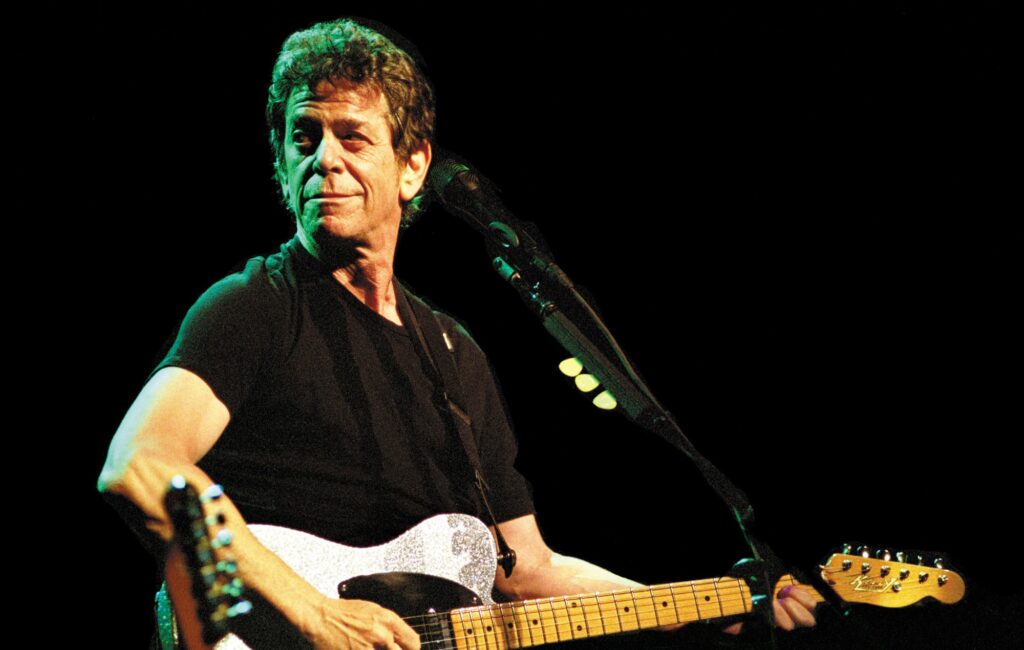
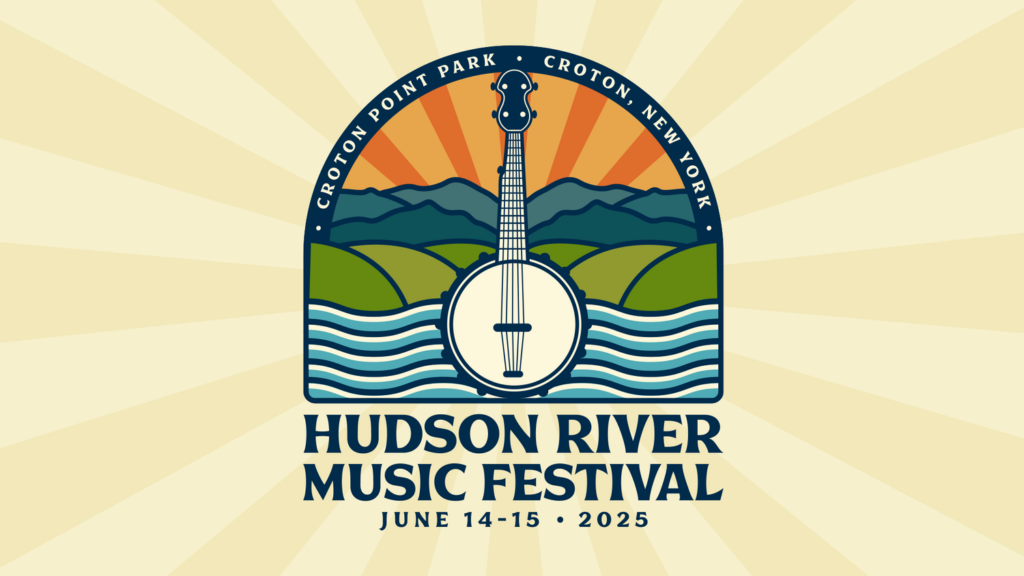
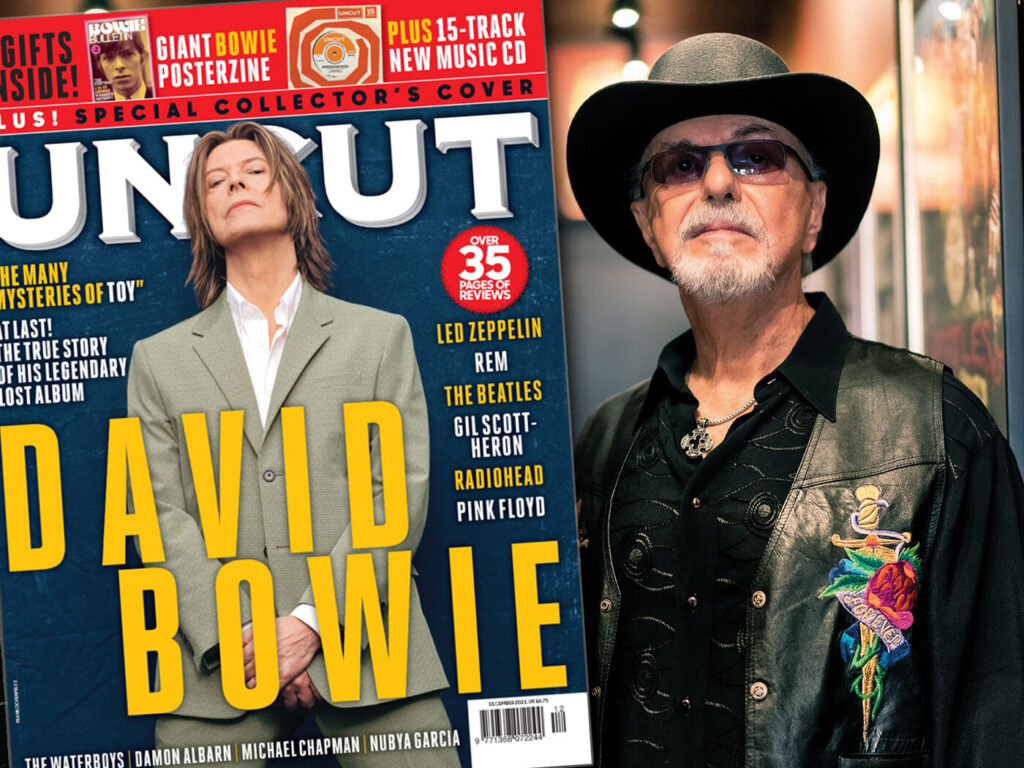
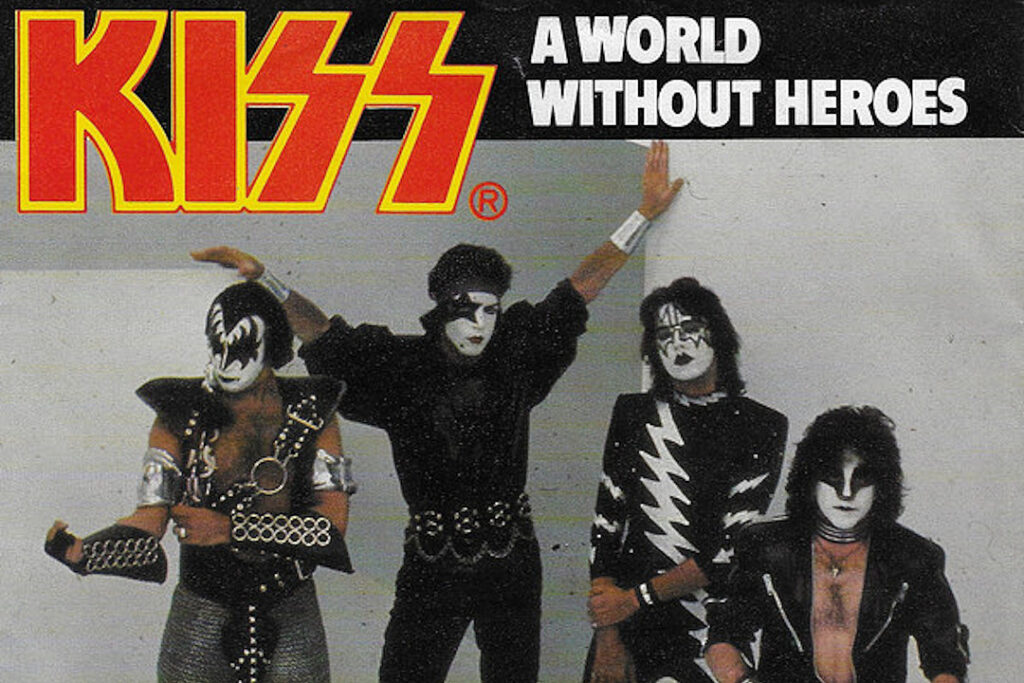
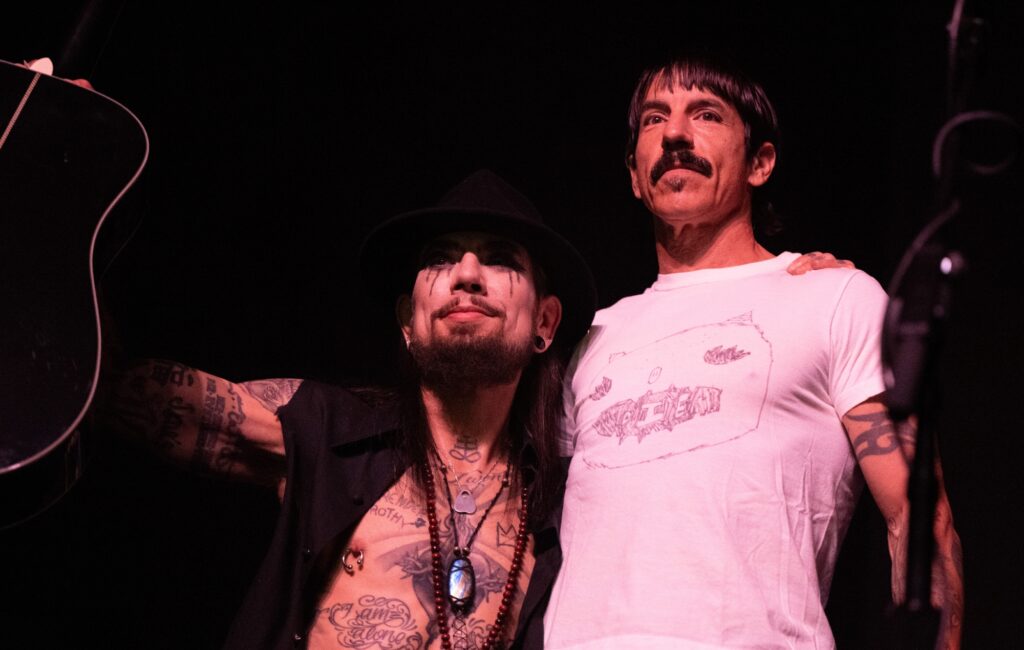

Responses